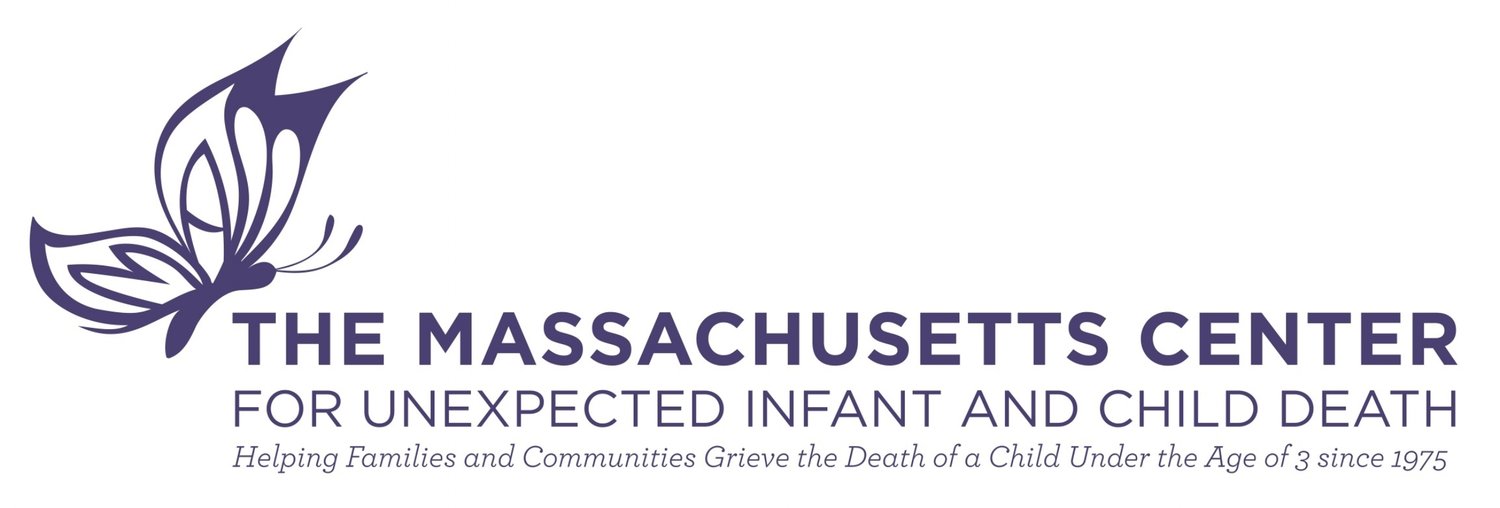Measuring Grief
People who don’t know measure grief. They quantify how long the person lived and qualify how they died, as if one death is Easier or harder than another. Consoling, with ill-fitting hugs and mumbled aphorisms, wishing the pain away. “You can have another.” We who mourn know talk of death is taboo. Speaking your pain, excruciating. We feel our comforters’ distress. They cannot or do not want to imagine the torment. People who don’t know measure grief. We who grieve, know Grief is grief. Its face looks the same no matter the loss. The effort of holding herself together. She looked like me. I decided then to relay my story — a quiet New Year’s Eve at home that ended in a hospital emergency room— not to outdo her grief, but to share it. I hoped my story would show her no matter what happens in your life, you can and will find a way back to yourself. Doreen measured grief, and used me as yardstick — people can survive the greatest of losses. But I do not measure grief. I could not imagine how to survive. If I agreed that the death of a child is an unthinkable loss, the greatest a parent can suffer, then why did I not crumple under its weight? I am not strong. I did not want to survive this, I just did. Because I am surviving what most rank as the most burdensome death, the death of a baby, I recognize mourning in all its forms. When I look on a face in grief, I look into a mirror, distorted by time and circumstance. Three years after my son died, we moved to Illinois, where no-one knew my story. I met Doreen in the new church’s playroom. As soon as we decided to arrange a play date, I began to consider how I would tell her about Mikey. The second time we met, Doreen and I perched on the couch with teacups in hand, our toddlers running circles around us. Doreen spoke first, unloading the story of her miscarriage, one in a string that left her bereft. I recognized the grieving face: eyes shiny and brimming, mouth downturned, lips quivering people who give their hearts, as a mother gives her heart to her child, risk irreparable loss. But to not give your heart is to not live, to not love, to not participate in the fullness of what it means to be human. I believe that loss is loss, no matter who or what you give your heart to. Those who lose a beloved, no matter how or why, should be treated with compassion, no matter where the death falls on our measuring stick of grief.
-Kathy Whelan

